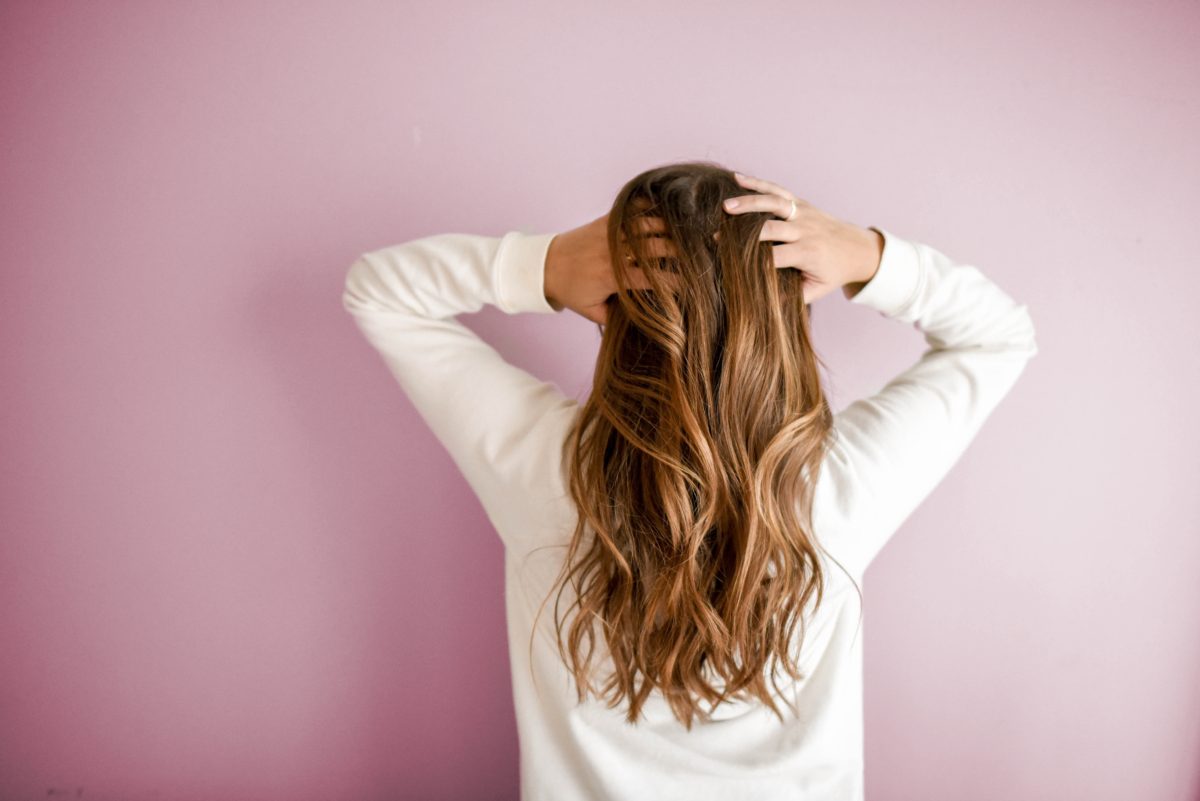Could A Vitamin Deficiency Be To Blame For Your Hair Loss?

Photo by Element5 Digital on Unsplash
It is normal to lose about 50-100 hairs every day. But when you begin to see bald patches or lots of thinning, you may be experiencing hair loss. When this happens, many people turn to the products to help them regain a full head of hair or at least slow down the hair loss. According to the American Academy of Dermatology, about 80 million men and women in the U.S. have hereditary hair loss. There are many common factors that can trigger hair loss, like giving birth and stress. Hair loss can also be a symptom of many disease and medical treatments. But can a vitamin deficiency also be the cause?
Vitamin D and Hair Loss
Vitamin D, commonly known as the ‘sunshine vitamin’, is an essential nutrient that plays a major role in many of the bodies functions, including the skin and hair. Vitamin D stimulates the creation of hair follicles, so when the body does not have enough, there is some evidence that hair growth may be impacted.
In a 2016 study performed by the Departments of Dermatology, Pathology, Addiction Research Center, and Ophthalmology at Mashhad University of Medical Sciences in Iran, a study of 45 women with female pattern hair loss was found to have a correlation with low Vitamin D3 levels – over 66% of patients. Researchers recommend the evaluation of Vitamin D3 levels, as well as other hormones, in patients with female pattern hair loss.†
Iron Deficiency and Hair Loss
The mineral iron is an essential component of proteins and enzymes in our body. Iron deficiency anemia is a condition that occurs when a person does not have enough iron in their body, or their body cannot use iron properly. Iron is also an essential component in an enzyme that helps cell growth.
According to research published in the Journal of the American Academy of Dermatology, hair follicle cells can be particularly sensitive to decreasing levels of iron and may not be able to grow new cells as effectively when iron levels are low.†